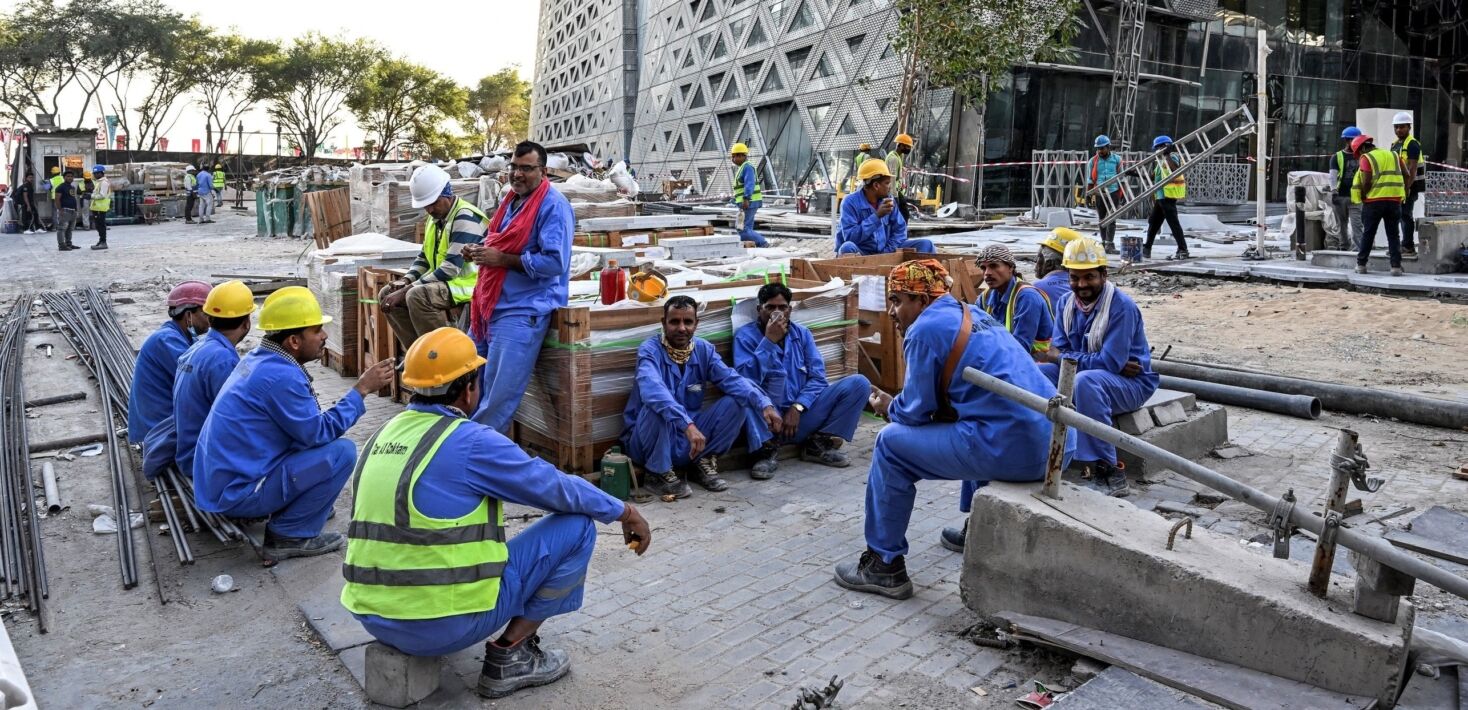Thailand introduces new laws to protect migrant workers’ rights

In a bold crackdown on labour trafficking, the Thai Interior Ministry is rolling out sweeping new regulations to bolster protections for migrant workers and their families. With Prime Minister Paetongtarn Shinawatra’s stamp of approval, the long-awaited measures are set to debut in the Royal Gazette any day now, targeting workers from Cambodia, Laos, Myanmar, and Vietnam.
Interior Ministry spokesperson Traisuree Traisaranakul underscored the urgency of these game-changing protections, stressing their role in shielding vulnerable migrants from the clutches of trafficking syndicates. The regulations are tipped to ensure Thailand has a steady flow of migrant labour to keep the economy ticking over.
“These regulations will help prevent migrant workers from falling prey to trafficking syndicates and support domestic labour demands.”
In a major breakthrough, the rules will also open doors for the children of migrant workers by granting them work permits once they hit 18. This forward-thinking approach aims to better integrate migrant families into Thai society, smoothing the path for their future.
This regulatory shake-up is more than just a legal tweak, it’s a firm pledge from the government to tackle the challenges faced by migrant workers and their loved ones. By beefing up legal protections, the ministry hopes to foster a safer, more supportive environment, boosting both economic stability and social inclusion.
As these regulations swing into action, they’re expected to transform the lives of thousands, offering newfound avenues for legal employment and robust protection from abuse. Watch this space as Thailand takes a giant leap forward in defending its migrant workforce.
Frequently Asked Questions
Here are some common questions asked about this news.
Why are the new regulations crucial for Thailand’s labour market?
They aim to prevent trafficking and ensure a stable workforce, meeting domestic labour needs while protecting migrant workers.
How might granting work permits to migrant dependents transform their futures?
It offers integration opportunities, enhancing their social inclusion and economic stability in Thailand.
What if these regulations significantly reduce trafficking incidents?
A decrease in trafficking could lead to safer migration pathways and strengthen trust in Thailand’s labour policies.
How could these regulations influence regional migration patterns?
Improved protections and opportunities might attract more migrants from neighbouring countries, impacting regional dynamics.
What long-term effects could arise from bolstering legal protections for migrant families?
Enhanced protections might foster economic growth and social cohesion, transforming Thailand’s labour landscape.
Latest Thailand News
Follow The Thaiger on Google News:


























